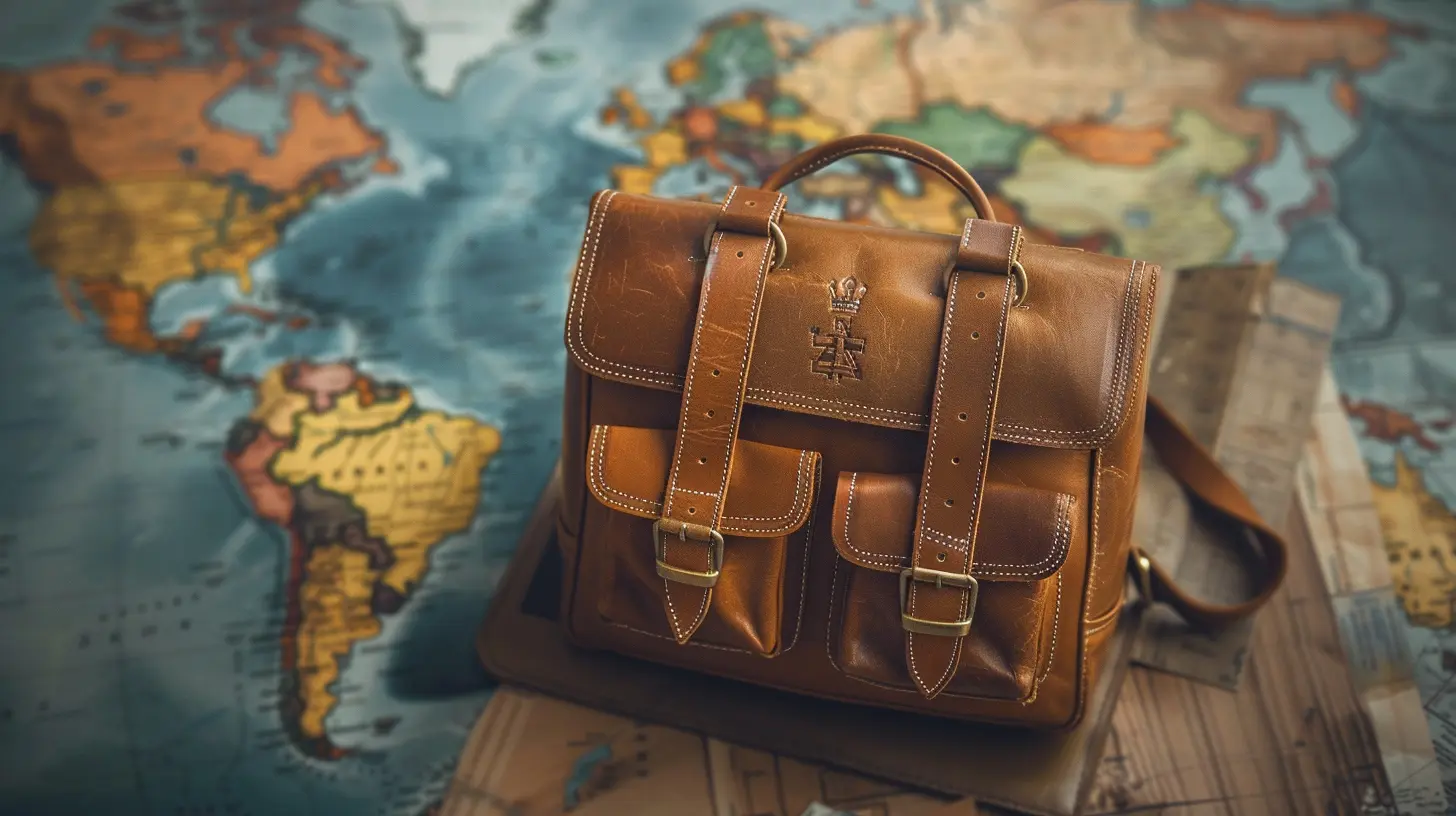Backpacking Europe for Cheap: Tips for the Thrifty Traveler
9 October 2025
Backpacking through Europe is a dream for many, but the cost can be intimidating. The good news? You don’t need a bottomless wallet to experience the beauty, culture, and adventure Europe offers. If you're smart with your money and know where to cut costs, you can travel across the continent without breaking the bank.
In this guide, we’ll dive into practical tips for backpacking Europe on the cheap, from scoring bargain flights to finding free (or nearly free) accommodation.

1. Travel During the Off-Season
One of the easiest ways to save money backpacking in Europe is by avoiding peak tourist seasons. Summer (June to August) is the most expensive time to travel, with higher accommodation costs, pricier flights, and crowded attractions.Instead, plan your trip during the shoulder seasons—spring (March to May) and fall (September to November). You'll still enjoy pleasant weather, but with fewer tourists and lower prices on accommodations and transportation.

2. Find Cheap Flights
Getting to Europe can be one of your biggest expenses, but it doesn’t have to be. Use these hacks to find cheap flights:- Book in advance – Prices tend to be lower if you book your flights 2-3 months ahead.
- Be flexible with dates – Flying on a Tuesday or Wednesday is often cheaper than weekends.
- Use flight comparison websites – Websites like Skyscanner or Google Flights help you find the best deals.
- Try budget airlines – Airlines like Ryanair, EasyJet, and Wizz Air offer ridiculously cheap fares if you travel light.
- Fly into a cheaper city – Major airports in London, Paris, or Amsterdam may be expensive. Instead, look for flights to smaller cities and take budget transportation from there.

3. Choose Budget-Friendly Transportation
Once you're in Europe, transportation costs can add up quickly. Here’s how to get around without spending a fortune:- Take budget airlines – If you need to cover long distances, budget airlines often have cheaper fares than trains.
- Use buses instead of trains – Companies like FlixBus and BlaBlaCar offer incredibly cheap tickets.
- Get a rail pass if traveling extensively – If you plan on taking multiple train rides, an Eurail Pass might save you money.
- Walk and use public transport – Many European cities are walkable, and their public transportation systems are efficient and cheap.

4. Stay in Affordable Accommodations
Accommodation can quickly drain your budget, but these options will keep costs low:- Hostels – Europe is full of affordable hostels, many offering free breakfast and social events. Check out Hostelworld for deals.
- Couchsurfing – Stay with locals for free via Couchsurfing.com—a great way to save money and make new friends.
- House sitting – Websites like TrustedHousesitters allow you to stay in someone’s home for free in exchange for pet-sitting.
- Work exchanges – Platforms like Workaway and WWOOF let you work a few hours a day in exchange for room and board.
- Budget hotels & Airbnb – If you’re traveling in a group, splitting the cost of an Airbnb or a budget hotel can be cheaper than staying in a hostel.
5. Eat for Less
Food is another area where costs can skyrocket, especially in touristy areas. Here are some ways to eat well on a budget:- Shop at supermarkets – Buy groceries and cook your own meals at hostels or Airbnb accommodations.
- Eat street food – Many European cities have delicious and affordable street food vendors.
- Take advantage of lunch specials – Many restaurants offer cheaper lunch menus with the same quality food.
- Avoid eating near major attractions – Prices are inflated in tourist-heavy areas. Walk a few blocks away for better deals.
- Bring a reusable water bottle – Tap water is safe to drink in most of Europe, saving you from spending on bottled water.
6. Take Advantage of Free Activities
Not everything in Europe requires a hefty entrance fee. There are plenty of free (or cheap) things to do, including:- Free walking tours – Many major cities offer free walking tours where you pay only a tip.
- Explore nature – Hike in the Alps, relax on Mediterranean beaches, or wander through scenic parks.
- Visit free museums & attractions – Some museums have free entry on certain days. Check their websites ahead of time.
- Attend local events – Festivals, street performances, and cultural events are often free.
7. Pack Smart and Avoid Extra Costs
Packing wisely can save you from unnecessary spending. Here’s what to consider:- Travel light – Budget airlines charge extra for checked bags, so stick to a carry-on.
- Bring a reusable shopping bag – Many European stores charge for plastic bags.
- Pack a lock – Hostels provide lockers, but you’ll need your own lock.
- Use a local SIM card – International roaming fees can be brutal. Buy a cheap SIM card upon arrival or use an eSIM service like Airalo.
8. Work While Traveling
If funds are running low, consider working while traveling. Many backpackers do short-term gigs to keep their travels going:- Work in hostels – Many hostels offer free stays in exchange for light work at reception or housekeeping.
- Teach English – Plenty of opportunities exist to teach English online or in person.
- Freelancing – If you have remote work skills, websites like Fiverr and Upwork can help you earn while traveling.
- Bartending or seasonal work – Some backpackers find work at bars, restaurants, or farms for a short period.
9. Travel with a Budget Mindset
Perhaps the most important tip is to travel with the mindset of a budget traveler. This means:- Being open to flexibility – Sometimes, traveling slowly saves more money than rushing from city to city.
- Making friends with locals and other travelers – They can share money-saving tips or even offer a place to stay.
- Setting a daily budget – Keep track of your spending to avoid running out of cash too soon.
Final Thoughts
Backpacking Europe on a budget is 100% possible, and you don’t need to be rich to experience the trip of a lifetime. By being strategic with flights, accommodations, food, and transportation, you can stretch your money and have incredible adventures without financial stress.It’s all about smart travel choices. And who knows? The best experiences often come from the cheapest (or free) moments—wandering the streets of Paris, making new friends in a hostel, or watching the sunset over the Amalfi Coast.
So pack your bag, embrace spontaneity, and get ready for an unforgettable journey across Europe—without emptying your wallet!
all images in this post were generated using AI tools
Category:
Budget TravelAuthor:

Pierre McKinney
Discussion
rate this article
1 comments
Ariana Meyers
Embrace the adventure of backpacking Europe on a budget! With creativity and resourcefulness, you can explore vibrant cultures and breathtaking landscapes without breaking the bank. Every penny saved is a new experience waiting to happen!
October 10, 2025 at 3:05 AM

Pierre McKinney
Absolutely! Embracing budget backpacking opens up endless opportunities for unique experiences and cultural exploration. Happy travels!


